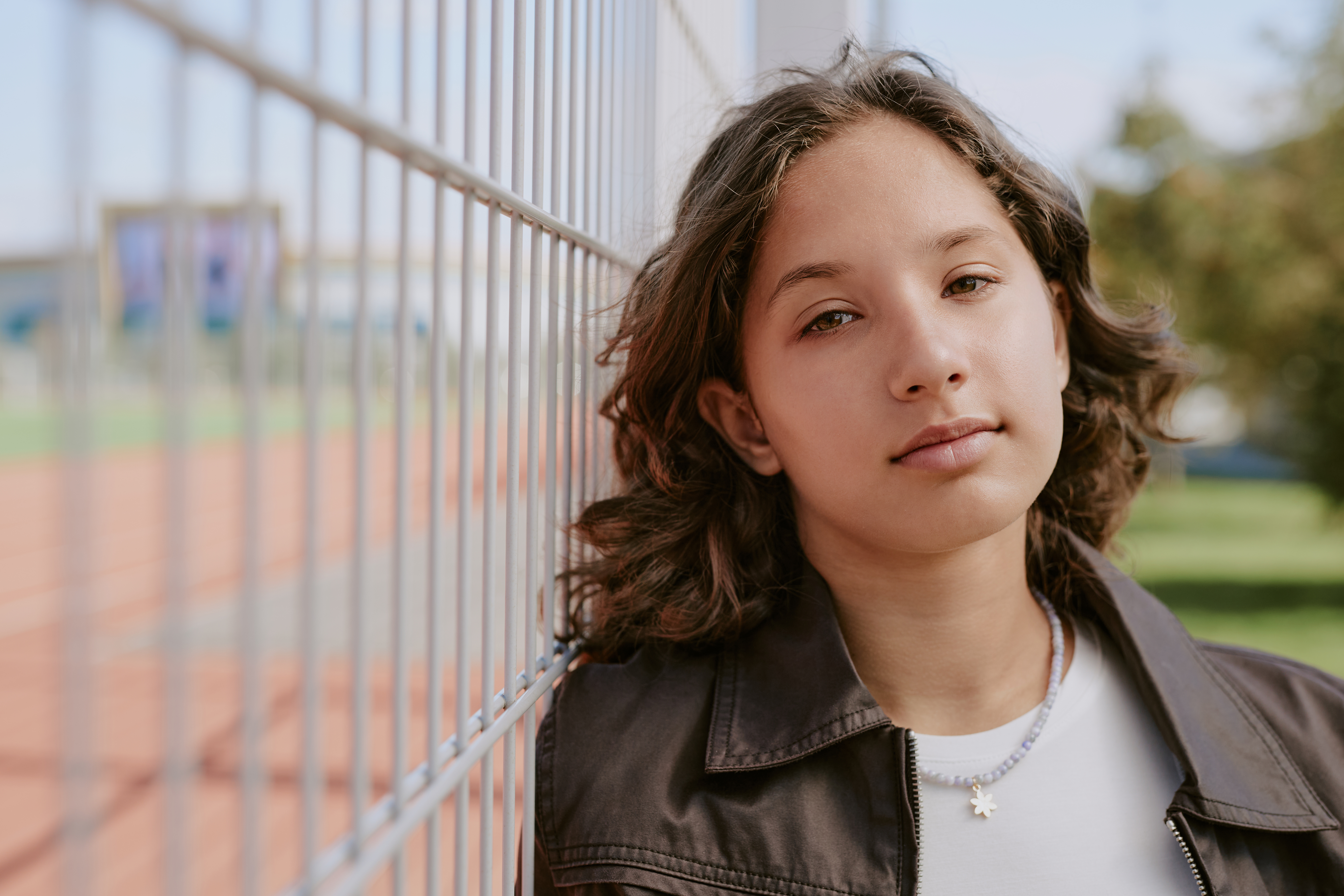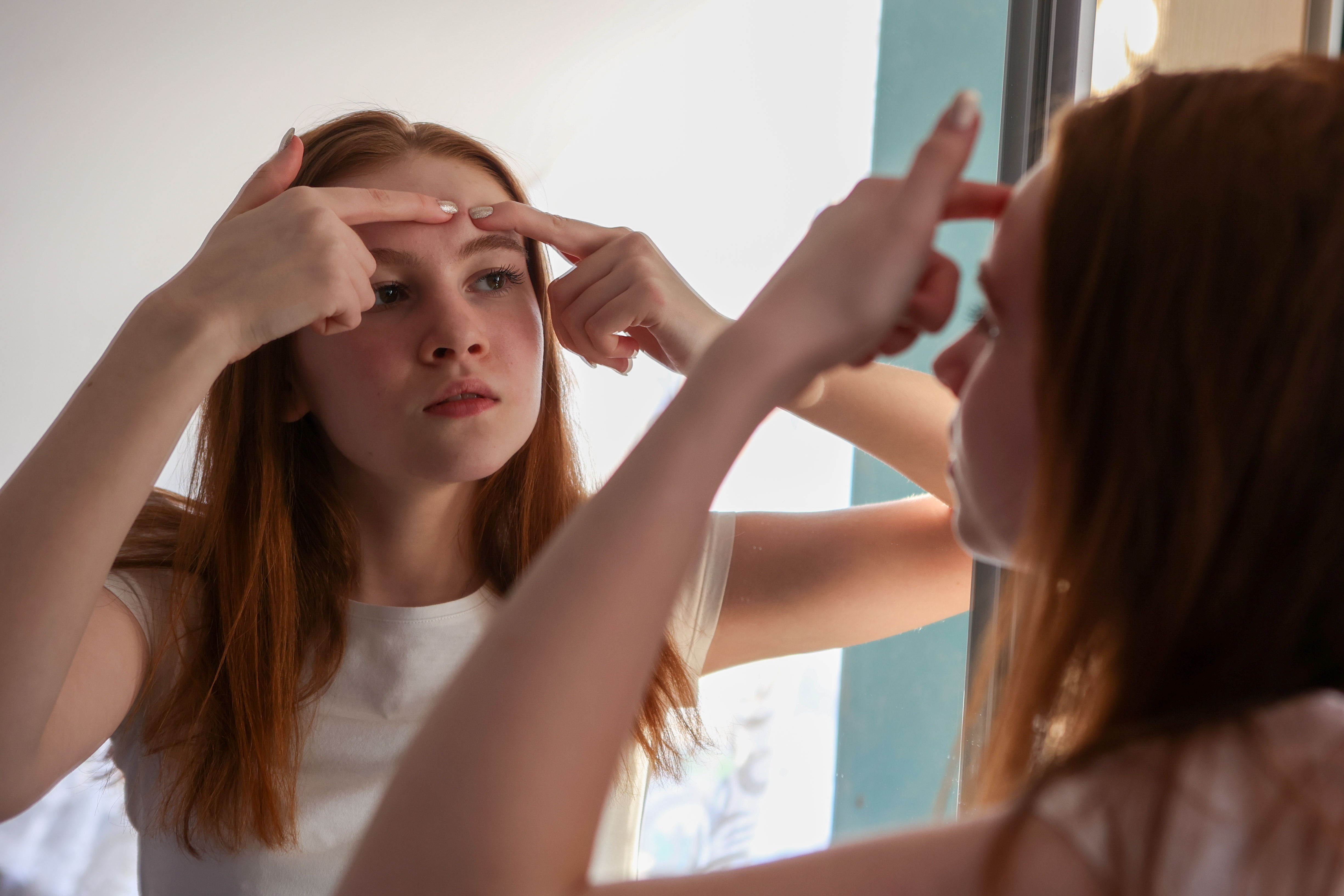13 Puberty Red Flags Pediatricians Say You Shouldn’t Ignore
The tween years can feel like a mystery unfolding in real time. One minute your child is asking for bedtime stories, the next they’re slamming doors and outgrowing shoes overnight. Welcome to the early waves of puberty—a phase full of subtle, often confusing changes that signal the body’s quiet shift toward adolescence. While some signs are obvious, others fly under the radar, leaving parents unsure whether to step in or step back. But pediatricians agree: spotting these early cues can make all the difference. From unexpected growth spurts to emotional rollercoasters and changes in hygiene habits, these shifts affect more than just appearance—they shape your child’s confidence, friendships, and long-term health. In this article, we’re breaking down 13 lesser-known signs that puberty may be starting, along with expert-backed insights to help you respond with clarity, care, and calm. Because the earlier you understand what’s happening, the better you can support what’s ahead.
1. The First Signs: Growth Spurts

One of the earliest signs of puberty is the onset of growth spurts. These rapid increases in height and weight can occur seemingly overnight and often catch parents by surprise. Pediatricians note that these growth spurts are typically more pronounced in girls between the ages of 9 and 12 and in boys between 10 and 13. During this time, children may experience growing pains, increased appetite, and a need for more sleep. It's important for parents to ensure that their child maintains a balanced diet and gets adequate rest to support healthy growth. Encouraging physical activity can also help manage the physical changes associated with growth spurts.
2. Skin Changes: Acne and Oiliness

As puberty progresses, hormonal changes can lead to increased oil production in the skin, resulting in acne and other skin issues. This is a common concern during the tween years, affecting both boys and girls. Pediatricians recommend teaching children about proper skincare routines to manage these changes. Gentle cleansing, using non-comedogenic products, and avoiding excessive touching of the face can help reduce breakouts. It's also important to address any emotional distress caused by acne, as it can impact a child's self-esteem. Encouraging open communication about body changes can help children feel supported and understood.
